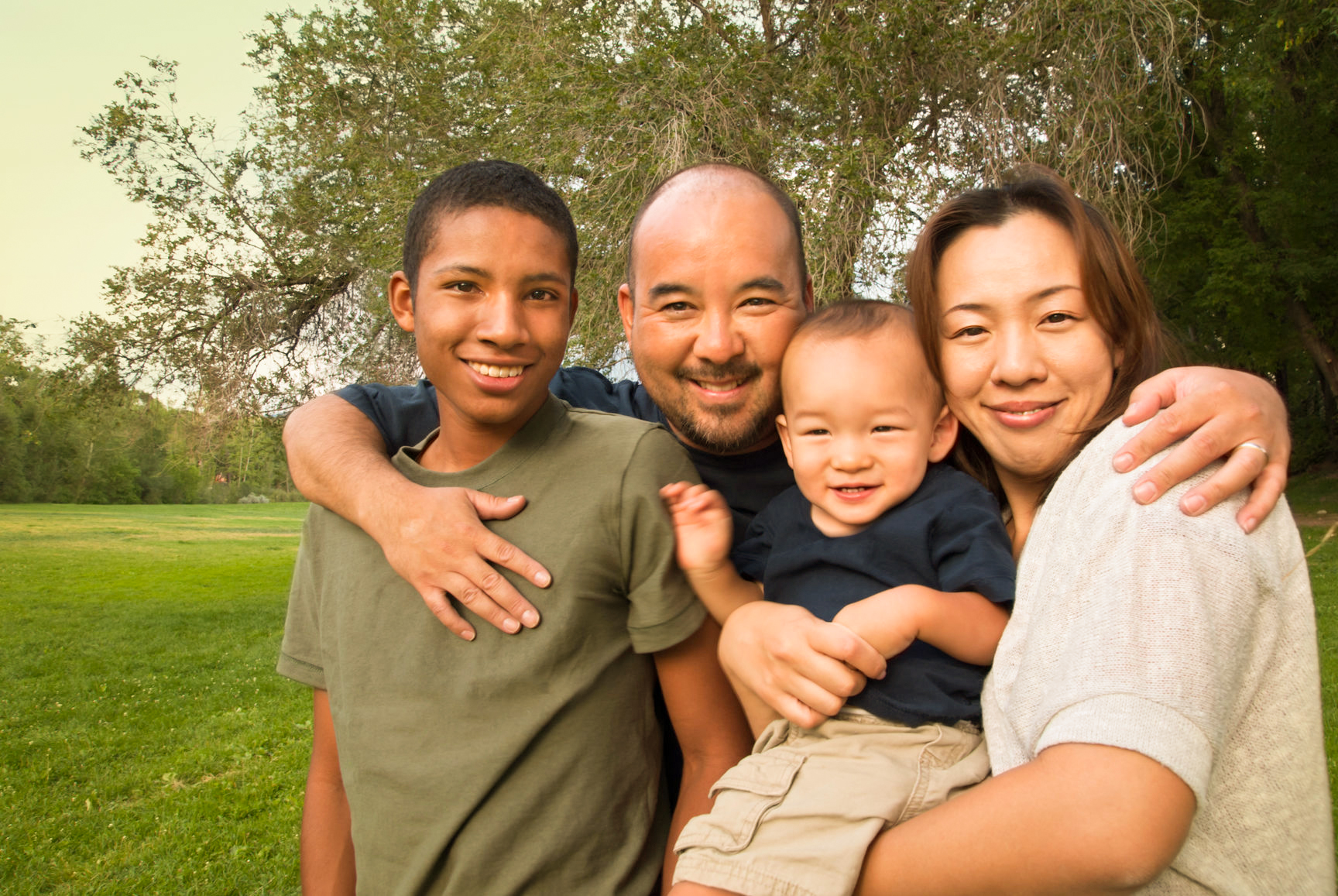How to prepare yourself and your family for foster care
Making the decision to become a foster carer is a life-changing one for you and your family. So it’s important for you to talk to your partner, children and those closest to you.
As a foster carer, you’ll be living a life that’s different from most families; with different challenges, stresses, and rewards.
This article covers four ways to prepare yourself and your family for foster caring.
1. Identify who will be important to have in your support network
Writing or drawing your support network on a piece of paper can often be a helpful exercise. You may be surprised at the formal or informal contacts you have outside of your immediate family that can help support you on your foster care journey.
Start with yourself in the middle and then draw a circle around you and write in the next closest circle of support available (perhaps a partner, brother or sister) then continue on building the circles out to identify the wider community supports (close friends, schools, work, the Anglicare Southern Queensland team, community groups etc.)
Outside of your close family and friends, we'll connect you to additional support networks such as community groups, training programs and resources.
Often talking to others who are going through or have been through the same experiences will be invaluable. There are opportunities to build friendships and support each other during the stressful periods.
2. Be prepared and informed to handle difficult questions
When you first talk to your partner, children, close family and friends, there will be lots of questions. There are also a lot of misconceptions and stigma around foster children and fostering.
To help you out, we’ve taken the 21 most commonly asked questions and answered them in our Foster Care for Families guide. Click here to download the guide.
Take a moment to read through this guide so you will be prepared to be quizzed by family and friends.
You may like to take your family through some of the inspiring carer stories featured on our website. Click here to hear from real carers.
Remember, your family may not have done the same level of research that you have and foster care may be a completely new concept for them.
3. Pick the right time for you, your partner and your family to talk it through
If you can, pick a day and time to talk about starting your foster care journey when you and your family are not tired, stressed or preoccupied.
A Sunday around the table after lunch may be a better setting than mid-week at dinner.
You know your partner and family the best. There's a lot of information to take in, lots to talk about and it’s a big discussion to have. Talking about it should be at a time where you are all refreshed, relaxed and in the right frame of mind.
4. You’re not alone in doing this
Get your partner or children involved early as it’s a family commitment to open your home to a new child or young person.
Ask them who they would like to welcome in, whether it's a boy or girl and their ages. If you have children, they will definitely want a say in this and how you approach these initial discussions will affect their expectations later on.
You Be You is dedicated to celebrating the diversity of carers and the important role they play in keeping kids in care safe. We invite you to come along to a Foster Care Information Session so you can speak with a foster care practitioner and ask questions relevant to your situation. Simply click here to find a session close to you and register to attend. We look forward to seeing you soon!

